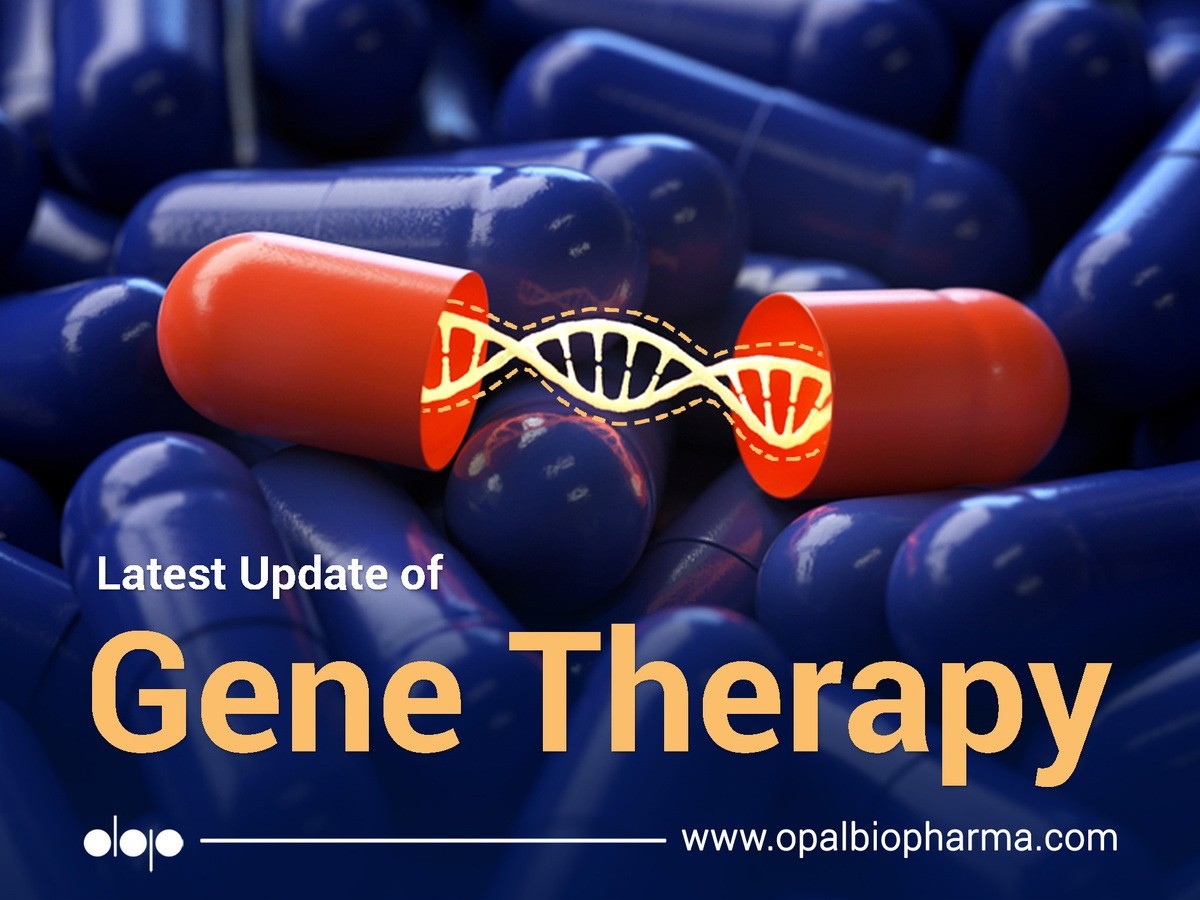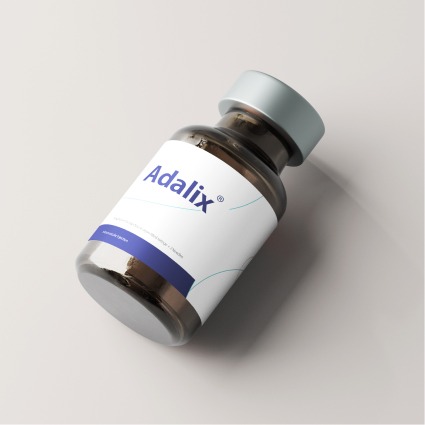Introduction
Gene therapy, a revolutionary approach to treating and potentially curing diseases, has seen dramatic advancements over recent years. The year 2023 is no exception, with numerous breakthroughs and ongoing research endeavors pushing the boundaries of what’s achievable. From regulatory advancements to groundbreaking clinical trials, the landscape of gene therapy continues to evolve. This article delves into the latest updates on gene therapy in 2023, shedding light on new therapies, achievements, and the broader impact on global health.
Latest Advancements in Gene Therapy (2023)
The realm of gene therapy has been bustling with activity and remarkable advancements, particularly in 2023. As a cutting-edge domain in medical science, gene therapy carries the audacious promise of curing diseases by rectifying genetic aberrations. The year 2023 has witnessed an escalation in this promise, turning into palpable therapies that are demonstrating significant efficacy. From the unveiling of novel therapies aimed at rare genetic disorders to the groundbreaking strides in employing CRISPR technology for gene editing, the sector is unequivocally in an accelerated phase of innovation. Regulatory bodies are also evolving in tandem, with the approval pathways being fine-tuned to ensure the safety and efficacy of these avant-garde therapies. This section delves into the notable advancements in gene therapy in 2023, showcasing the blend of ingenious science, regulatory progression, and the relentless pursuit of curing the incurable that characterizes this dynamic field.
New Therapies for Rare Diseases
The Alliance for Regenerative Medicine anticipates that 2023 could witness the introduction of at least five more gene therapies for rare diseases in the U.S. market. These potential new treatments cover a range of conditions, including sickle cell disease, Duchenne muscular dystrophy, and hemophilia A, although regulatory hurdles remain a challenge.
Gene Therapy for Duchenne Muscular Dystrophy (DMD) and Hemophilia
2023 may see the approval of the first gene therapy for treating DMD. Additionally, following the approval of Hemgenix (a gene therapy for severe hemophilia B) in 2022, there might soon be a therapy for severe hemophilia A, which represents a more prevalent form of the disease.
Targeting Glioblastoma
Researchers have designed a gene therapy that can effectively target glioblastoma, showcasing the potential of gene therapy in tackling challenging cancers.
CRISPR Gene Therapies
The first approval decision for CRISPR gene therapy in 2023 signifies a major milestone, setting the stage for future advancements in this cutting-edge area of gene therapy.
Clinical Trials and Rare Diseases
Recent coverage highlights updates from clinical trials of cell and gene therapies for various rare diseases, with key data presented at notable events like the WORLDSymposium 2023 and the 2023 Tandem Meetings.
Advantages of Gene Therapy
Gene therapy holds the promise of revolutionizing medicine by addressing the root causes of diseases at the genetic level. Here are some of the advantages associated with gene therapy:
Potential Cures for Genetic Disorders
Gene therapy presents the potential to cure genetic disorders by correcting faulty genes, thereby providing lasting solutions rather than merely managing symptoms.
Targeted Cancer Treatments
With advancements in gene therapy, more targeted treatments for various types of cancer are becoming a reality, potentially improving survival rates and quality of life for patients.
Treatment for Rare Diseases
Gene therapy is a beacon of hope for individuals with rare diseases, as it can provide treatments for conditions that previously had limited or no therapeutic options.
Reduced Healthcare Costs in the Long Term
By potentially curing diseases or significantly reducing their severity, gene therapy can lead to reduced healthcare costs over time, easing the financial burden on healthcare systems.
The Future of Diseases with and Without Gene Therapy
The trajectory of many diseases is likely to be significantly influenced by the advancements in gene therapy. Here’s a look into the possible scenarios:
With Gene Therapy
With continued advancements in gene therapy, the future could see a significant reduction in the prevalence and severity of genetic disorders, certain types of cancer, and other diseases.
Without Gene Therapy
Without the progress in gene therapy, many individuals with genetic disorders or certain types of cancer may continue to have limited treatment options, leading to continued suffering and societal costs.
Current Health Situation Related to Gene Therapy
A blend of optimism characterizes the current health landscape regarding gene therapy due to potential cures and caution due to regulatory, ethical, and accessibility concerns.
Regulatory Landscape
The regulatory landscape for gene therapy is evolving, with authorities scrutinizing the safety and efficacy of these therapies to ensure they meet the requisite standards.
Ethical Considerations
Gene therapy raises ethical considerations, especially when it comes to germline editing, which involves changes to the DNA that can be passed down to future generations.
Discussion on Opal Bio Pharma (OBP)
Towards the end of our exploration of gene therapy, it’s noteworthy to mention the role of innovative biopharmaceutical companies in advancing the medical field. One such company is Opal Bio Pharma (OBP), the first biopharmaceutical entity in Oman, which is making strides in developing biosimilar vaccines, medicines, and treatment methods. Although OBP’s focus isn’t directly on gene therapy, its endeavors in biopharmaceuticals are emblematic of the broader push towards innovative healthcare solutions that the medical industry is witnessing. By aiming to supply not just Oman but also the GCC, MENA, and eventually the global market, OBP is playing a part in raising Oman’s flag among the medical industry leaders.
Summary
The landscape of gene therapy in 2023 is laden with significant advancements, unveiling the potential to address the root causes of diseases. From promising therapies for rare diseases to the landmark approval decision for a CRISPR gene therapy, the milestones are substantial. However, alongside these advancements, the field continues to grapple with regulatory, ethical, and accessibility challenges. The balance between innovation and regulation is crucial to ensure the safe and equitable deployment of gene therapies. The journey towards harnessing the full potential of gene therapy is a collective endeavor, with stakeholders across the spectrum playing vital roles. Among them, entities like Opal Bio Pharma are contributing to the broader narrative of innovation in healthcare, reflecting a global movement towards better health outcomes through cutting-edge medical solutions. The narrative of gene therapy is a testament to the remarkable strides in medical science, and 2023 marks a significant chapter in this ongoing journey.

